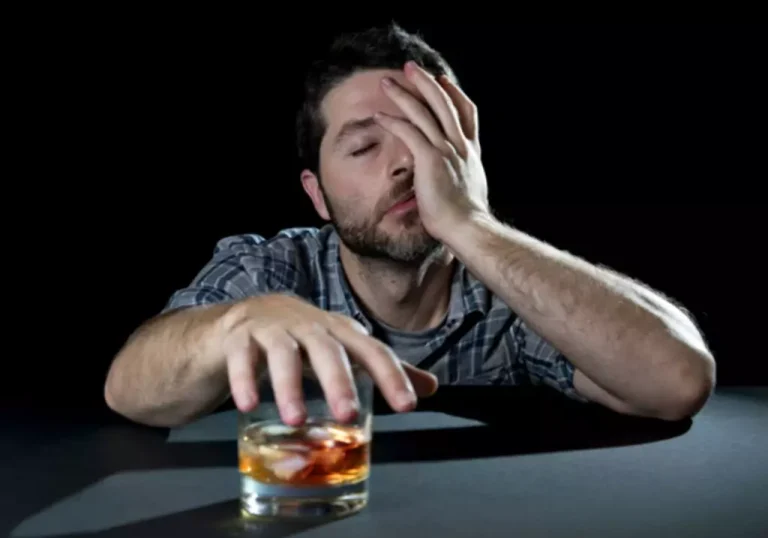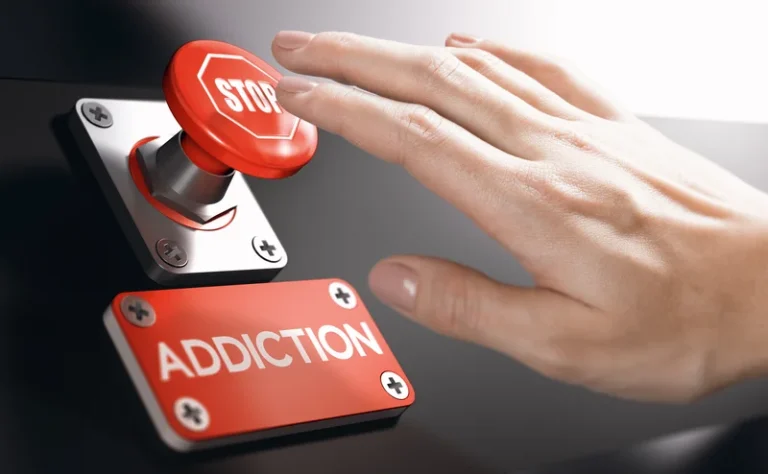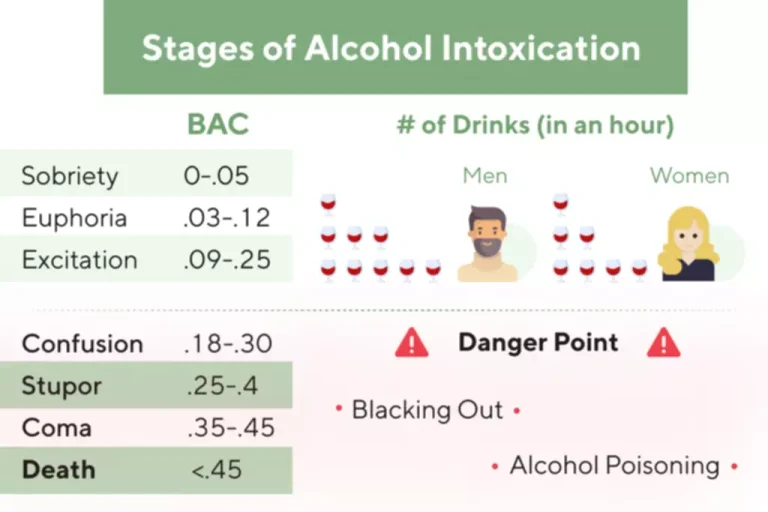Alcohol and Anxiety: Causes, Risks and Treatment

Moreover, the impaired judgment and impulsivity among persons with co-occurring alcohol use problems may increase the risks of taking an overdose of the medications that can result in toxicity and, potentially, suicidality. Finally, TCAs may react with alcohol in the brain to cause respiratory depression (Bakker et al. 2002). Similar to the common-factor and self-medication hypotheses, the literature underpinning the substance-induced pathway to comorbid anxiety and AUDs is convincing but cannot account for the findings consistent with the other causal models. It also is important to note that reliance on timeframes, although useful, could mask an independent course of anxiety symptoms among individuals who also have an AUD.
Can alcohol trigger panic attacks?
- People with panic disorder have higher rates of cardiac conditions, including hypertension (high blood pressure) and cardiomyopathy.
- Breathing can be a good marker for an individual’s internal state, so it makes sense that if an individual is experiencing panic, anxiety, and/or high levels of stress, their breathing will reflect that.
- Don’t have more than one or two drinks in one night, for women and men, respectively.
- While dopamine increases immediately after drinking alcohol and temporarily makes you feel good, when the inebriation has faded, whatever symptoms that were being avoided rebound.
- It nevertheless is appropriate to recognize that anxious clients who also have comorbid AUDs may be vulnerable to negative outcomes from this treatment method.
Excessive consumption of alcohol causes dehydration, which can make you feel dizzy and increase your heart rate. Alcohol is a diuretic, which means that it causes excessive expulsion of liquid from the body via urination. For every drink you have, you urinate as much as 50% to 100% more water, and this water is taken from other parts of the body. There are no specific studies that suggest that one type of alcohol can affect anxiety levels more than other types of alcohol.
Symptoms and Types of Anxiety

Addiction Resource does not offer medical diagnosis, treatment, or advice. Only trained and licensed medical professionals can provide such services. If you or anyone you know is undergoing a severe health crisis, call a doctor or 911 immediately. Eating a balanced diet, particularly with “super foods” that support mental health, is highly beneficial for easing stress and improving mood.
International Patients
The only way to treat alcohol intolerance is to avoid alcohol or, at the very least, limit alcohol consumption. “Alcohol sensitivity” is a term that some people use synonymously with alcohol intolerance. can alcohol cause panic attacks By Katharina Star, PhDKatharina Star, PhD, is an expert on anxiety and panic disorder. Dr. Star is a professional counselor, and she is trained in creative art therapies and mindfulness.
If you are frequently experiencing panic attacks after drinking alcohol, it is important to take a look at your drinking. Checking if you are regularly consuming over the recommended weekly limit of 14 units is a good https://ecosoberhouse.com/ start. However, you may want to cut back completely if alcohol is impacting your mental well-being through regular panic attacks. Every time you drink, alcohol triggers an increase in the production of insulin.
Clinical Research

A structured plan using imaginal and/or graded exposure to cues that elicit anxiety also may offer a practical balance of therapeutic risk and reward. Medications that target a brain signaling system which uses the neurotransmitter serotonin and its receptors perhaps are the safest and most widely used agents to treat anxiety disorders. These agents include the SSRIs, SNRIs, and the serotonin partial agonist buspirone. For example, a direct examination of the efficacy of paroxetine in this population showed that it reduced social anxiety relative to placebo (Book et al. 2008), providing an empirical foundation for its use in these patients.
Psychotherapy may address triggers for anxiety as well as the impact panic attacks have had on your personal life. Clammy palms, along with sweat in your armpits, back, or temples, are frequent symptoms of panic attacks and many anxiety disorders. Alcohol’s high accessibility makes it an all-too-common drug used by those struggling with mental health disorders. On the other hand, as a typical depressant, alcohol can also cause feelings of deep sadness that may evolve into feelings of severe nervousness. Alcohol dependence may be present in dual diagnosis but also co-occurring disorders. Keep in mind that using alcohol to treat anxiety symptoms might start a harmful cycle.
What are the symptoms of a panic attack?
- According to the NIAAA, anxiety and other psychiatric disorders are common among those with AUD.
- Whether or not you suffer from an anxiety disorder, alcohol use can cause anxiety levels to rise.
- If they continue to use alcohol to help them feel more relaxed or at ease, they might eventually feel the need to avoid any social situations where they would be unable to drink.
- Alcohol can lower blood sugar immediately after drinking it – but the effect may last for several hours too.
- In online alcohol therapy, you can create a personalized treatment plan tailored to your needs and goals.
